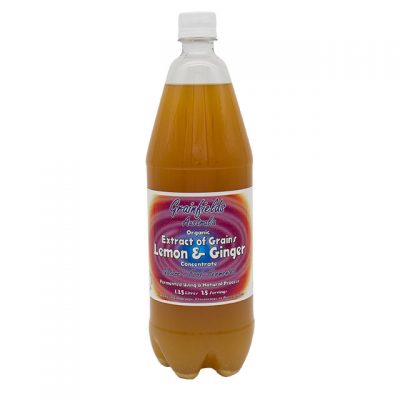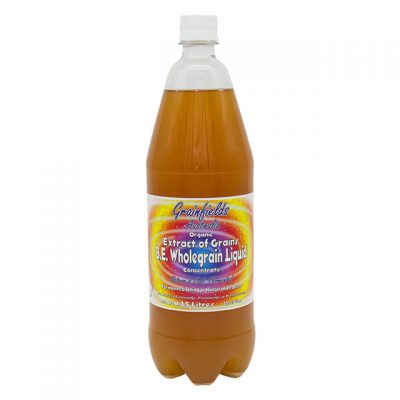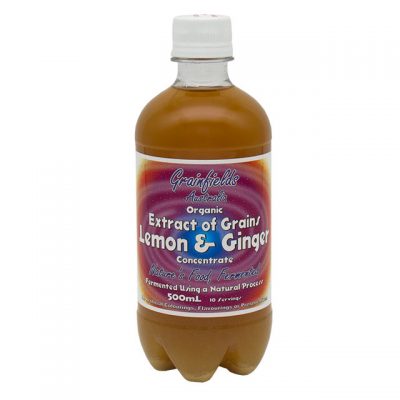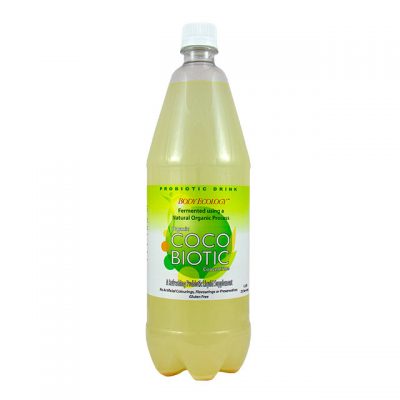The development of our gut microbiota begins during the birth process when we are exposed to many microorganisms from our mother as well as the environment. Studies have shown that naturally birthed babies have a more enriched microbiome than those born by caesarian.
Our gut microbiota undergoes the most changes during infancy and old age and our immune system is also the weakest during these stages of life. Although the gut microbes themselves don’t actually age as we do, research has shown there is a marked difference in the diversity of microbes in the intestines of infants, healthy adults and the elderly. This is because our gut microbes adapt and respond to changes that happen to our bodies throughout our lives.
These type of changes in gut microbiota may be associated with inflammation and age-related chronic health conditions. There are many scientific studies which suggest that certain medications including antibiotics, digestive issues, changes in diet and physical activity are closely related to changes in the gut microbiome.

Medications are taken for whatever reason throughout our lives but usually increase as we age and many of these medications can adversely affect our gut flora.
Our food choices and ability to exercise change with old age when teeth are compromised or replaced with dentures, muscles and bones grow weaker and mobility is reduced. Our gut bacteria need good fats and raw fresh fibre filled foods like whole grains, fresh fruit and vegetables, which can be harder to eat for elderly people. Aging often means decreased mobility from stiff joints and not having the physical strength to exercise. It is interesting that people who are physically active have a higher diversity in their gut microbiome.
The gut microbiome is closely associated with intestinal pro and anti- inflammatory balance, the gut-brain axis, plus immune and cardio-metabolic health. So, age related health issues can cause alterations in the microbiota of elderly people, resulting in increased infections and gut-associated diseases.
Aging is a phenomenon we will all experience. The rate at which this process develops is dependent on the way we treat our bodies. The old saying use it or lose it is a good one. Stay active and do some physical activity every day. Play a sport, take up yoga, do some gardening, go swimming, even just take a long daily walk. Cut down on junk and processed foods and eat a healthy diet. Feed your gut flora with raw whole foods and probiotic fermented foods like Grainfields liquids, powders and bars.
Maintaining and restoring our healthy bacteria colonies within our intestine is one of the most important steps we can take in slowing the degenerative process.
Sources: Gut microbiome and aging: Physiological and mechanistic insights- Ravinder Nagpal, Rabina Mainali, Shokouh Ahmadi, Shaohua Wang, Ria Singh, Kylie Kavanagh,Dalane W. Kitzman, Almagul Kushugulova, Francesco Marotta and Hariom Yadav. www.ncbi.nlm.nih.gov/pmc/articles/PMC6004897/
Mitsuoka:- Intestinal Flora and Aging, Nutrition Reviews 1992. 50.
Choi, J.Hur, T.-Y. & Hong, Y.2018. Influence of Altered Gut Microbiota Composition on Aging and Aging-Related Diseases. Journal of Lifestyle Medicine, 8, 1–7.




